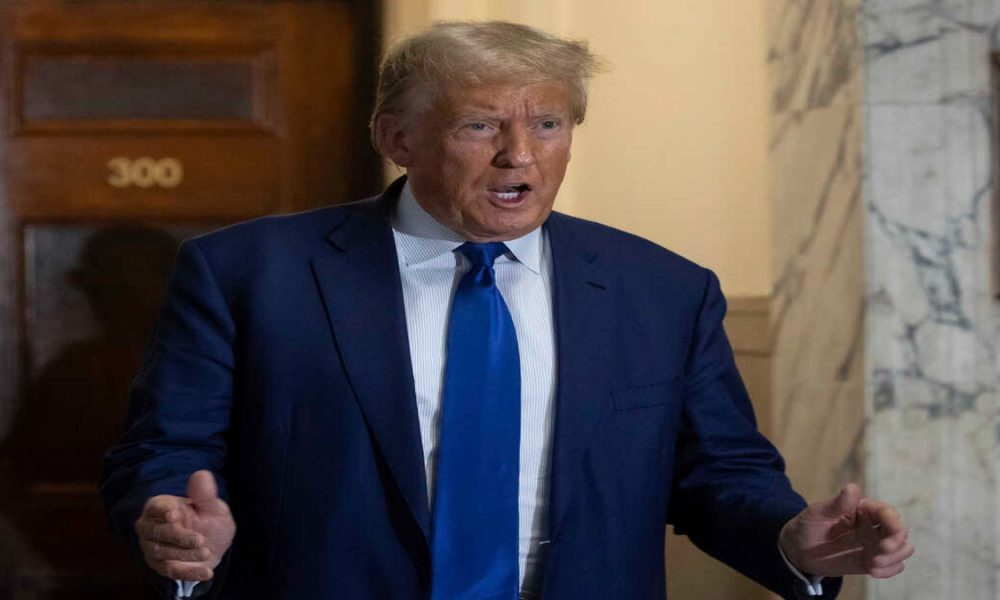
Key Insights from Pete Hegseth’s Scrutinized Confirmation Hearing
Introduction
Pete Hegseth’s confirmation hearing as a member of the U.S. Commission on Presidential Scholars has drawn significant scrutiny and debate. This article critically examines the complexities of Hegseth’s hearing, exploring his qualifications, controversial statements, and the broader implications of his potential appointment.
Hegseth’s Qualifications and Experience
Hegseth is a former Army Ranger and author who has been a vocal supporter of President Trump. His supporters point to his military service and extensive writing as evidence of his qualifications for the Commission. However, critics question whether Hegseth’s background is directly relevant to the mission of the Commission, which is to recognize outstanding high school students.
Controversial Statements and Ideological Views
Hegseth has made several controversial statements in the past, including expressing support for the Confederate flag and criticizing the Black Lives Matter movement. These statements have raised concerns about his potential bias and whether he can fairly represent the diverse perspectives of American students.
Objectivity and Impartiality
The Commission on Presidential Scholars is intended to be non-partisan and objective in its evaluations. Some argue that Hegseth’s outspoken political views may compromise his ability to impartially assess the achievements of students from all backgrounds.
Role of the Commission and the Presidential Scholars
The Commission’s role is to select a group of high school students who embody academic excellence, community service, and leadership. Critics argue that Hegseth’s appointment could send a message that political loyalty and ideological conformity are valued over merit and achievement.
Perspectives from Stakeholders
Various stakeholders have expressed differing views on Hegseth’s confirmation. Some educators and youth advocates have expressed concerns about his divisive rhetoric and lack of experience in education. Parents and students have offered both support and opposition to his appointment.
Political Considerations
Hegseth’s confirmation hearing has taken on a political dimension, with Republicans largely supporting his appointment and Democrats expressing concerns. The Commission is a presidential appointment, so his confirmation will ultimately be determined by the President and the Senate.
Implications for Future Appointments
Hegseth’s hearing has raised questions about the criteria used to select members of the Commission on Presidential Scholars. Critics argue that political considerations and ideological conformity should not be factors in appointments to an organization that should prioritize merit and diversity.
Conclusion
Pete Hegseth’s confirmation hearing as a member of the U.S. Commission on Presidential Scholars has highlighted the complex intersection of qualifications, controversy, and political considerations. His appointment would send a controversial message about the values and priorities of the Commission. The broader implications of his potential appointment extend to the future composition and integrity of the organization and the recognition of outstanding high school students.
It is essential that the Commission on Presidential Scholars remains committed to its non-partisan mission and recognizes students who exemplify excellence in academics, character, and leadership, regardless of their political affiliations or beliefs.
